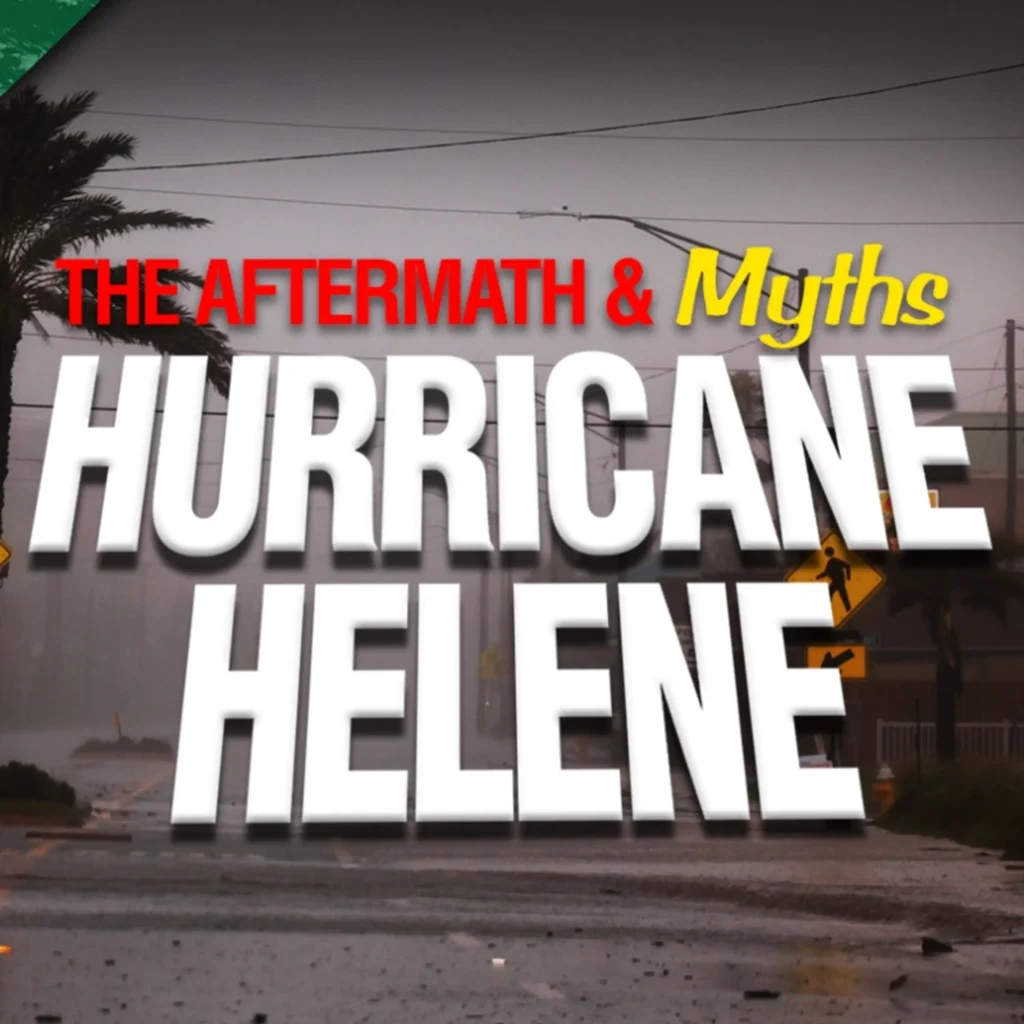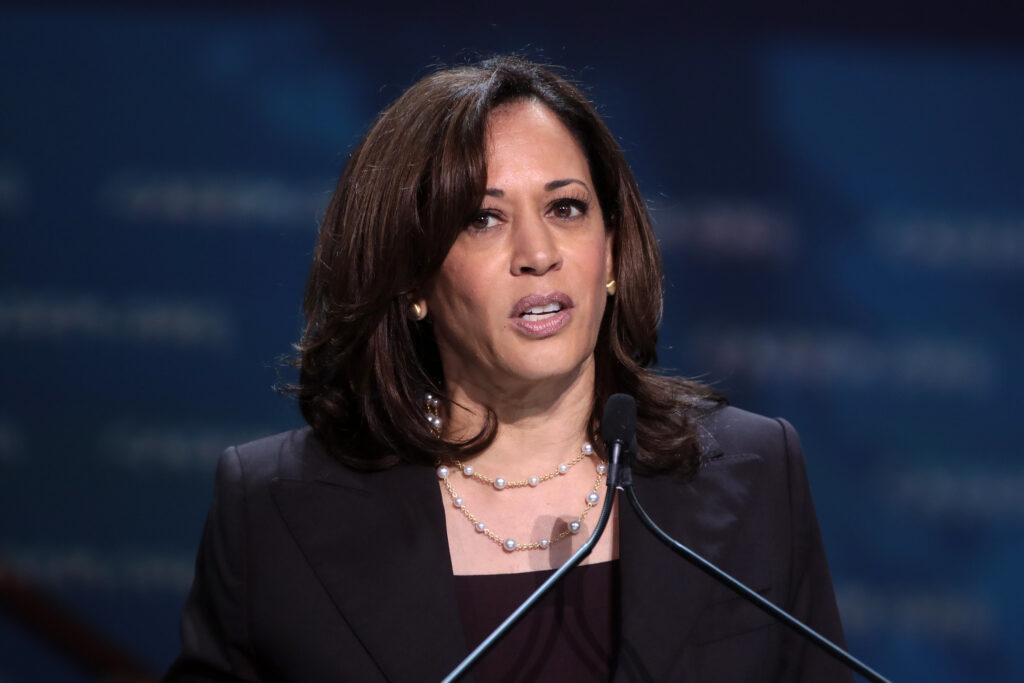Editor’s Note: State Rep. Glenn Gruenhagen (R-Glencoe), a U.S. Marine Corps veteran, is serving his fifth term in Minnesota’s House of Representatives. Gruenhagen serves on the Long-Term Care Division, Education Policy, and Health and Human Services Finance Division Committees.
Burnett: You recently wrote a piece for the Hutchinson Leader in which you cite research in The Heartland Institute book Why Scientists Disagree about Global Warming to argue scientists should reject the Green New Deal. What facts did you find particularly persuasive in the book?
Gruenhagen: I thought the entire book was informative, exposing the lies, deceit, and exaggerated “evidence” for so-called climate change. I really appreciated the debunking of the claim “97 percent of scientists agree humans are causing climate change.”
The book was understandable for laypersons and was extremely helpful for me as a legislator to educate my fellow representatives in both the Democratic-Farmer-Labor (DFL) party and GOP. I have handed out more than a hundred copies of the book. This book informed my response to editorials in local papers which were promoting global warming alarmism or climate change propaganda. For example, here is an excerpt of an editorial I wrote that was published in several local newspapers in Minnesota:
“It is important for the public to understand that the debate on alternative energy has scientists and experts on both sides of the issue. …
“If you take the time to research the energy issue you will find that modern technology has made it possible to provide environmentally friendly base-load electricity—[Ed.: baseload power is the minimum level of supply needed to keep the electric power grid functioning properly, from power plants that provide consistent power supplies]—using natural gas, clean coal, nuclear, and hydro at ‘penny cheap’ rates.
“Alternative energy mandates of wind and solar have already raised your electricity costs dramatically while doing nothing for the environment.
“The ‘Green (Greed) New Deal’ is based on government-mandated socialism and is the ‘ObamaCare of electricity costs.’ If you like your health insurance premiums you’re going to love the ‘Green New Deal’ electricity rates!”
Burnett: Do you think President Donald Trump was right to withdraw the United States from the Paris climate accord?
Gruenhagen: Thank God President Trump removed the United States from the UN Paris climate agreement, which would have transferred $3 trillion to the UN and murderous foreign dictators at the expense of U.S. taxpayers. A June 2017 study by National Economic Research Associates indicated the Paris climate agreement would have resulted in 6.5 million lost jobs in the United States.
Burnett: Is Minnesota Gov. Tim Walz’s proposal to make Minnesota’s electricity sector 100 percent free of carbon dioxide emissions by 2050 a good idea?
Gruenhagen: Many Democrats in the U.S. Congress are promoting what they call the “Green New Deal.” This proposal is a package of policies that would remake the U.S. economy, costing trillions of dollars. Supporters hope to eliminate all U.S. carbon emissions, which is virtually impossible to achieve.
The plan is unrealistic and would severely damage America’s economy, resulting in unreliable and expensive energy production with no measurable help on the environment.
This past legislative session, some of the Green New Deal’s ideas made their way to St. Paul and were strongly supported by Gov. Walz and the DFL party in Minnesota’s House. One specific proposal was to make Minnesota’s electricity sector 100 percent free of carbon dioxide emissions by 2050.
A study released in March by the Center for the American Experiment found increasing Minnesota’s renewable energy mandate to only 50 percent by 2030 would cost the state’s residents and businesses $80.1 billion to meet this standard, while putting the reliability of Minnesota’s electrical grid at risk.
The Minneapolis Star Tribune reported during the stretch of minus-30-degree Fahrenheit temperatures this past winter, only 4 percent of electricity was being generated by alternative energy.
Minnesota needs reliable, low-cost baseload electricity for our citizens, farms, and businesses. Alternative energy provides intermittent, non-baseload electricity that fails to help the environment and drives up electricity costs exponentially. The Center for the American Experiment study shows a 50 percent increase in the state’s renewable power supply would increase electricity prices by more than 40 percent, causing electric bills for average Minnesota households to increase by $375 per year.
Such drastic and radical changes to Minnesota’s energy policy would have little to no demonstrable impact on the environment.
Thanks to Republicans, none of the Democrats’ radical energy initiatives became law this year.
Burnett: What is the alternative to the GND and increased alternative energy mandates?
Gruenhagen: We can do better than DFL has proposed. Minnesota can have reliable, efficient energy and a clean environment without needlessly raising energy costs on consumers and causing irreparable harm to our economy. Nuclear, hydroelectric, and clean coal can deliver environmentally friendly energy while lowering the cost of electricity.
The theory of human-caused global warming and the proposed changes to address its impact enrich the few at the expense of the many while doing little to nothing for the environment.
I will close with the words of Prime Minister Winston Churchill: “Socialism is the philosophy of failure, the creed of ignorance, the philosophy of envy. Its inherent virtue is the equal sharing of misery.” The Green New Deal is nothing more, nor less, than socialism.
I will oppose and not compromise with the disciples of the Green New Deal, which, if implemented by radical DFL liberals, will hurt our citizens, farms, and businesses and do nothing for the environment.
H. Sterling Burnett, Ph.D. ([email protected]) is a research fellow at The Heartland Institute.





